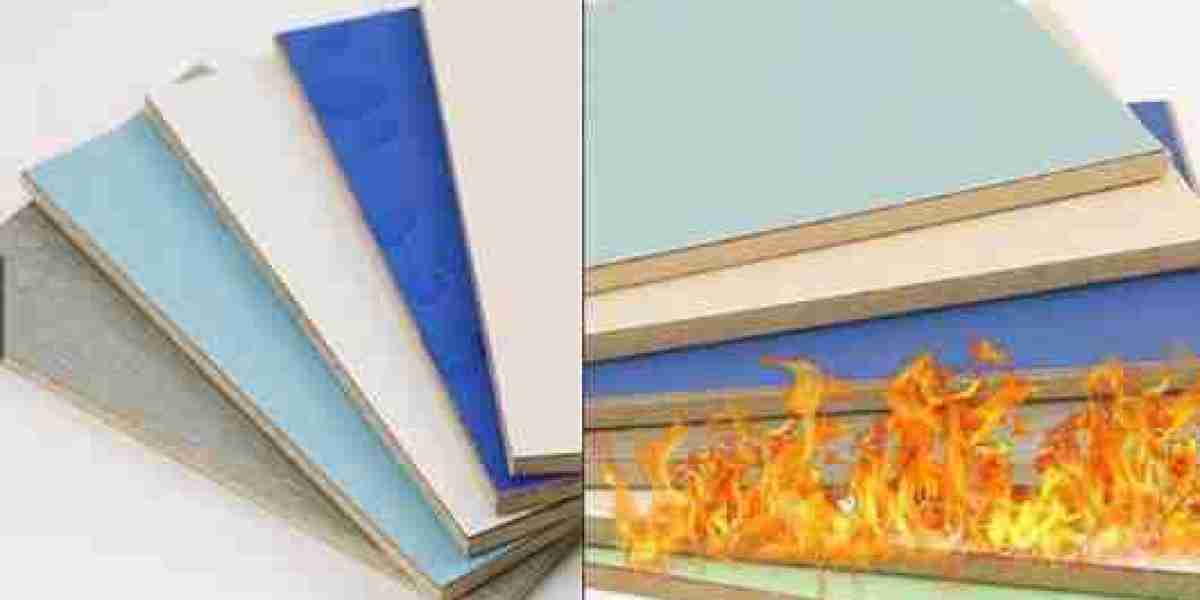When renovating your home or commercial space, choosing the right flooring is critical—and two popular options, SPC (Stone Plastic Composite) and Vinyl flooring, often leave buyers confused. Both offer water resistance and affordability, but their unique structures and performance make them better suited for different needs. Below’s a detailed breakdown to help you decide.
1. Core Structure: The Key Difference
The biggest distinction lies in their cores, which shapes their durability and flexibility.
- SPC Flooring: Its core is made of stone plastic composite—blended limestone powder, polyvinyl chloride (PVC), and stabilizers. This creates a rigid, dense core that resists bending or warping. SPC planks are thicker (typically 4–8mm) and have a solid feel underfoot, similar to hardwood or tile.
- Vinyl Flooring: Also called LVP (Luxury Vinyl Plank) or LVT (Luxury Vinyl Tile), its core is usually made of flexible PVC or WPC (Wood Plastic Composite, a softer blend of wood fibers and PVC). Vinyl has more give, making it slightly bendable and lighter than SPC.
2. Durability: Which Handles Wear Better?
For high-traffic or high-impact areas, durability is non-negotiable—and SPC has an edge here.
- SPC Flooring: The rigid stone-plastic core makes it highly scratch, dent, and impact-resistant. It can withstand heavy furniture (like sofas or dining tables) without leaving marks, and its thick wear layer (0.3–1.5mm) resists scuffs from pets or kids’ toys. It’s ideal for busy homes, offices, or retail spaces.
- Vinyl Flooring: While still durable, its flexible core is more prone to dents from heavy objects. It works well in low-to-medium traffic areas (like bedrooms or home offices) but may show wear faster in high-traffic zones. However, premium vinyl with a thick wear layer can narrow this gap.
3. Water Resistance & Environmental Adaptability
Both are water-resistant, but their performance in moisture or temperature changes differs.
- SPC Flooring: 100% waterproof—its non-porous core and tight locking system prevent water from seeping in, even if submerged briefly. It also resists temperature fluctuations, making it safe for basements, bathrooms, or kitchens (where spills are common).
- Vinyl Flooring: Most vinyl is also waterproof, but cheaper options with thinner cores may absorb moisture over time. It’s less stable in extreme temperatures—avoid installing it in uninsulated garages or rooms with frequent heat/cold swings.
4. Installation & Maintenance: Ease of Use
For DIYers or those seeking low-upkeep flooring, both are friendly—but SPC needs more care during installation.
- SPC Flooring: Its rigidity requires a perfectly flat subfloor (any unevenness can cause planks to crack). It uses a click-lock system for installation, but heavy planks may need two people to handle. Maintenance is simple: sweep or mop with mild detergent—no waxing needed.
- Vinyl Flooring: Flexible planks adapt better to slightly uneven subfloors, making installation faster for DIYers. It also uses click-lock or glue-down methods and needs the same basic maintenance as SPC.
5. Cost & Aesthetics: Balancing Budget and Style
Both are budget-friendly compared to hardwood or tile, but prices and looks vary.
- SPC Flooring: Slightly more expensive (7 per square foot) due to its dense core. It mimics hardwood, tile, or stone with realistic textures (like wood grain or stone veining) and a solid, premium feel.
- Vinyl Flooring: More affordable (5 per square foot). It offers similar aesthetic options but has a softer, more “flexible” look underfoot—great if you want the style of hardwood without the rigidity.
Final Verdict: Which Is Right for You?
Choose SPC Flooring if: You need maximum durability (high traffic, pets, heavy furniture), want waterproof flooring for moisture-prone areas (bathrooms, basements), or prefer a rigid, hardwood-like feel.
Choose Vinyl Flooring if: You’re on a tighter budget, installing in low-to-medium traffic areas (bedrooms, home offices), or need flexible planks for slightly uneven subfloors.
Both are excellent choices—your final pick just depends on your space, lifestyle, and priorities!







